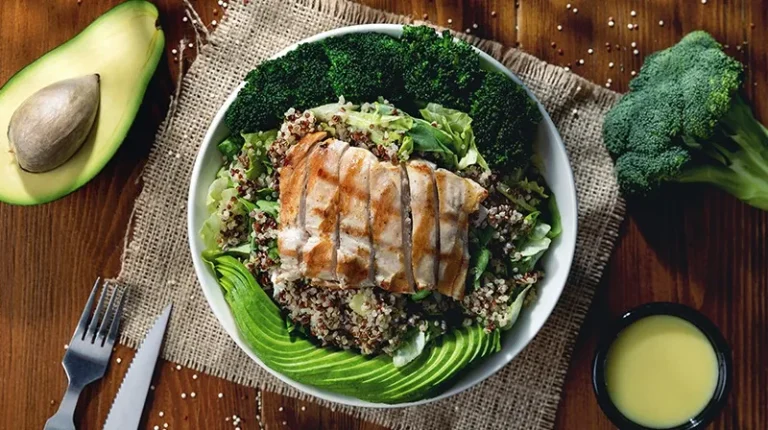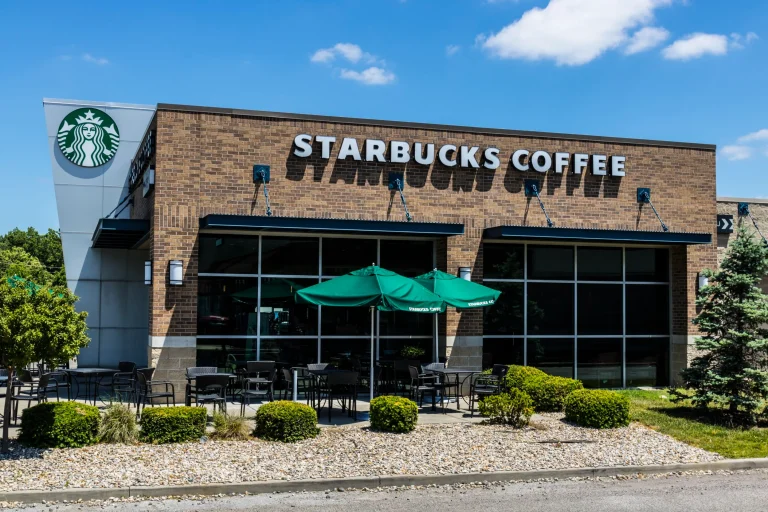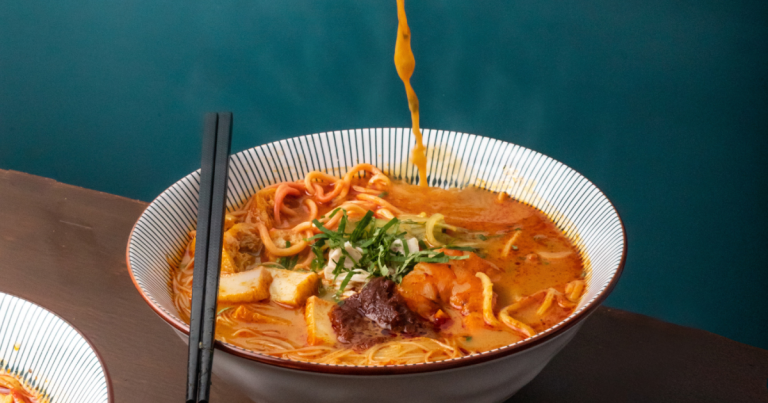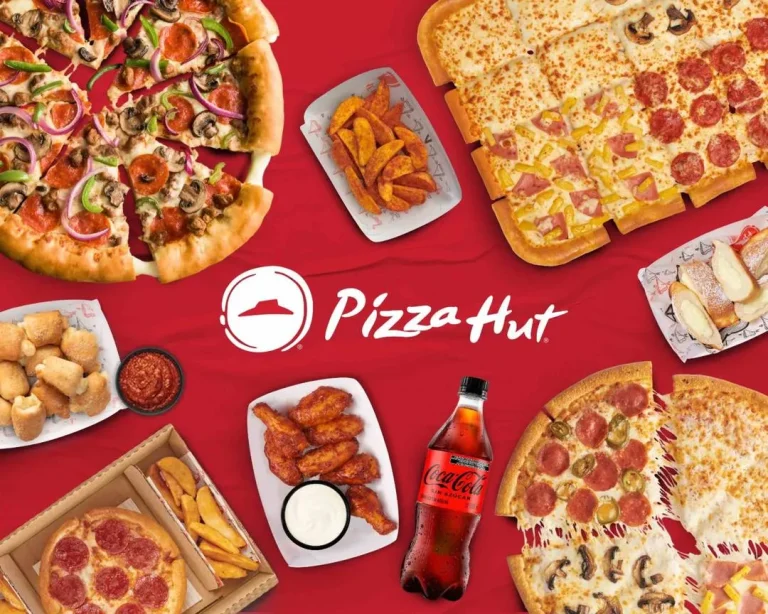How Does Your Lifestyle Influence Food Choices?
How Does Your Lifestyle Influence Food Choices? Your lifestyle significantly affects your food choices. Factors like work schedule, physical activity, and social life play crucial roles.
Our daily routines shape our eating habits. Busy schedules often lead to quick, convenient meals, sometimes lacking in nutrition. Active individuals might opt for protein-rich foods to fuel their workouts. Social gatherings can influence our choices, often leading to indulgent, calorie-dense options.
Understanding these influences helps in making healthier decisions. A balanced lifestyle promotes a balanced diet, essential for overall well-being. Prioritize planning and mindfulness in your food choices to maintain health. Making informed decisions about what you eat can improve energy levels, mood, and long-term health outcomes. Recognize the impact of your lifestyle on your diet to make better choices.
Introduction To Lifestyle And Food Choices
Lifestyle includes daily routines, habits, and activities. It shapes how people live each day. Everyone’s lifestyle is unique. It is influenced by work, family, and hobbies. People have different levels of activity. Some may be more active, while others are more sedentary. These differences affect overall well-being. Lifestyle impacts many choices, including food.
People with busy schedules often choose fast food. It is quick and convenient. Healthy eating requires planning and time. Active individuals may need more protein and carbs. Sedentary people might prefer lighter meals.
Cultural background also affects food choices. Families may follow traditional diets. Financial status influences what people buy. Fresh produce can be expensive. Processed foods are often cheaper. These factors all shape food choices.
Cultural Influences
Traditional diets are passed down through generations. They reflect the history and geography of a place. People eat what is available locally. This makes each diet unique. Traditional foods are often healthier. They use natural ingredients. These foods connect people to their roots.
Cultural celebrations often include special foods. These foods have symbolic meanings. Eating these foods brings people together. They share memories and traditions. Celebrations make food choices special. They remind people of their heritage. Special foods mark important events. They make celebrations more joyful.
Social Environment
Family habits shape food choices. Kids often eat what parents eat. Healthy eating starts at home. If parents eat vegetables, kids will too. Family dinners can encourage better eating habits. Eating together helps kids learn good manners. Parents can set a good example by choosing nutritious foods. This helps children develop healthy eating patterns.
Friends influence food choices. Kids want to fit in with friends. They might choose snacks friends eat. Peer pressure can lead to unhealthy eating. Friends can also inspire healthy eating. Sharing healthy snacks can be fun. Kids may try new foods their friends like. Eating habits can change with new friends.
Economic Factors
Economic factors significantly shape food choices, affecting accessibility and affordability. Higher income levels often lead to healthier diets, while budget constraints may limit options to less nutritious foods.
Income Level
People with high income levels can afford better food. They can buy fresh fruits, vegetables, and organic products. Poor people might choose cheaper, less healthy options. Junk food is often cheaper and more accessible. This leads to unhealthy eating habits.
Food Accessibility
Living in a city makes finding diverse food easier. Rural areas might have fewer options. Some places have many grocery stores. Others have only one or none. This affects what people eat. More stores mean more choices. Few stores limit options.
Personal Health Goals
Many people have dietary restrictions due to health reasons. Some avoid gluten, while others stay away from dairy. These choices help in managing allergies and intolerances. Restrictions can also be due to religious beliefs. People might avoid certain foods like pork or beef. Making the right food choices becomes a daily task.
Fitness objectives play a big role in food choices. Those wanting to build muscle often eat more protein-rich foods. Carbs are essential for those who run or cycle a lot. Many athletes follow a balanced diet to maintain their energy levels. Eating the right foods helps in achieving fitness goals faster. You can consume https://www.amazon.com/
Work And Daily Routine
Busy schedules often lead to convenient, quick meal choices. Stressful workdays might drive cravings for comfort foods. Energy levels throughout the day can also dictate snacking habits.
Meal Timing
Busy schedules make it hard to eat at regular times. Eating late at night can cause weight gain. Skipping meals leads to overeating later. It is important to plan meals ahead of time. Regular meal times help keep your energy stable.
Convenience Foods
Many people choose convenience foods due to lack of time. These foods are often high in sugar, salt, and fat. Fast food is quick but not always healthy. Preparing meals at home can be healthier. Choose fresh fruits and vegetables for snacks. Healthy choices can fit into busy lives.
Read More
How Do You Know If a Diet is a Fad Or. a Lifestyle Diet Explain
Psychological Factors
Many people eat when they feel stressed. Stress can make you crave sugary and fatty foods. These foods can make you feel better for a short time. Eating junk food can also lead to weight gain. This creates more stress and a bad cycle.
Emotions play a big role in food choices. Feeling sad or lonely can lead to eating more. Happy moments can also make you eat more. Some people eat to celebrate. Others eat to feel less lonely. Boredom can also lead to unnecessary eating. Recognizing these triggers can help you make better choices.
Media And Advertising
Lifestyle significantly shapes food choices, influencing preferences and habits. Busy schedules often lead to quick, convenient meals over healthier options. Social circles and cultural backgrounds also steer dietary decisions.
Marketing Influence
Marketing shapes our food choices every day. Advertisements show foods that look tasty and fun. These ads make you want to buy these foods. Bright colors and happy faces are common in these ads. They make the foods seem even better.
Special deals and discounts also attract buyers. These offers make people think they are getting more value. Popular brands use celebrities to endorse their products. This makes their foods seem cool and desirable.
Social Media Trends
Social media is a big part of our lives. People post pictures of their meals all the time. This can make others want to try the same foods. Food trends spread quickly on social media. You might see a new dish and want to try it. Influencers often share their favorite foods. Many people trust these influencers and follow their advice. Hashtags like #foodie and #yummy make it easy to find new food ideas.
Technological Impact
Modern technology shapes daily habits, directly impacting food choices. Busy schedules often lead to reliance on convenient, processed foods. Social media trends and food delivery apps further influence dietary decisions.
Food Delivery Apps
Food delivery apps make it easy to order meals. You can choose from many restaurants. These apps save time and effort. They are great for busy people. You can track your order in real time. Payment is also simple and secure.
Online Grocery Shopping
Online grocery shopping brings convenience to your doorstep. You can shop anytime, even late at night. It helps you avoid crowded stores. Products get delivered to your home. It is useful for people with tight schedules. You can easily compare prices and find deals.
Conclusion And Reflections
Lifestyle choices significantly impact food decisions, shaping dietary habits and overall health. Personal values and daily routines often dictate nutritional preferences.
Summary Of Influences
Our lifestyle greatly affects our food choices. Busy schedules often lead to fast food. Lack of time can make us choose unhealthy snacks. Social events influence what we eat too. Friends and family impact our eating habits.
Stress and emotions play a role in our diet. Healthy habits lead to better food choices. Regular exercise encourages nutritious meals. Good sleep helps us avoid junk food. Understanding these influences can help us make better decisions.
Steps For Positive Change
Small steps can improve our diet. Start with one healthy meal a day. Replace sugary drinks with water. Plan meals ahead of time. Keep healthy snacks at hand. Exercise regularly to boost motivation. Get enough sleep for better choices. Listen to your body’s needs. Enjoy meals with loved ones. Make changes slowly and steadily. Celebrate your progress and stay committed.
Conclusion
Your lifestyle significantly impacts your food choices daily. Prioritizing a balanced diet can lead to better health outcomes. Small, mindful changes in habits can make a big difference. Always choose foods that align with your lifestyle goals. Remember, healthy eating is a journey, not a destination. Make informed choices for a healthier future.







